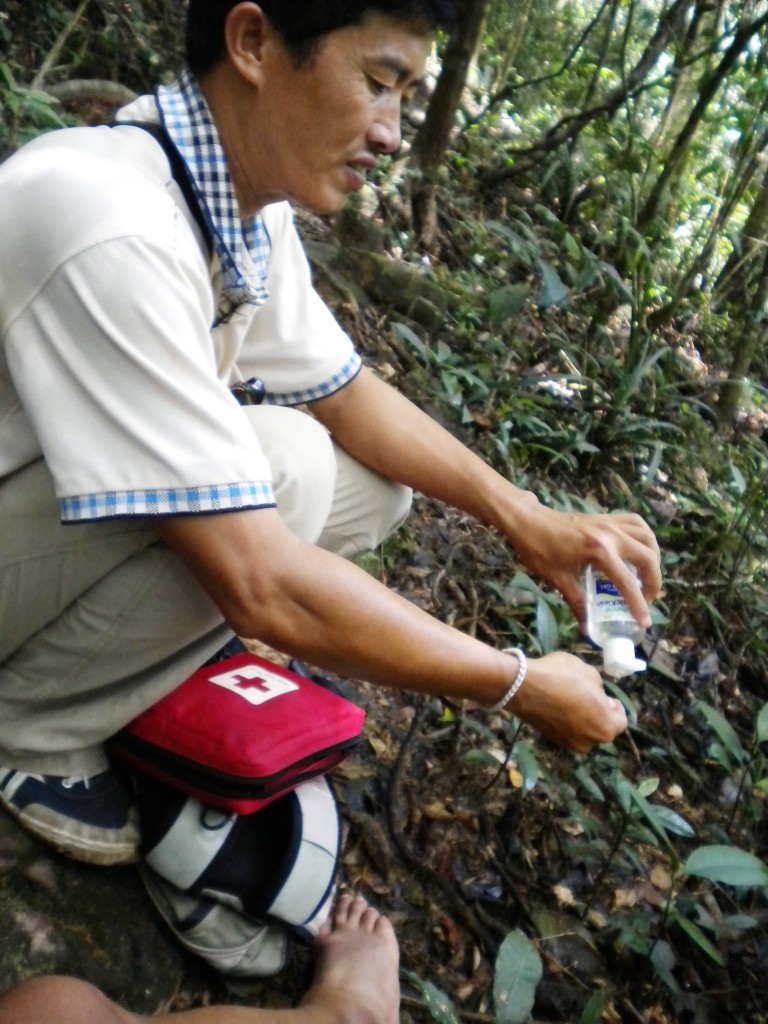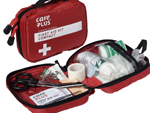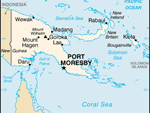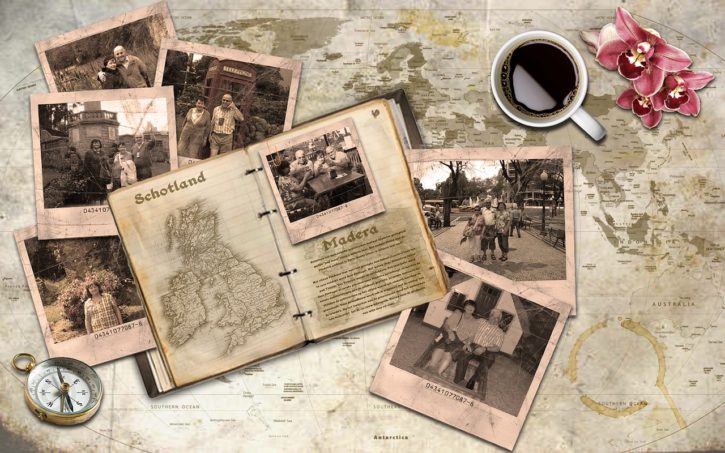Health is an issue most often ignored by travelers assuming the ‘nothing is gonna touch me’ attitude who then return with different types of sickness contracted from around the world…some with no cure.

Your grandma meant well when she said ‘prevention is better than the cure, so if you are one of those with the devil may care attitude towards your health, it’s time to shake off some of that attitude and give your health a serious thought. The last thing you want on your travel is to be sick and ruin the fun.
What are the common sicknesses you come across when traveling? That of course depends largely on where you are traveling…but that does not however mean that you can let your guard down.
Traveling sickness can be of different types; mosquito-related, water and food related, contracted (especially if you are traveling in developing or underdeveloped countries). Dengue fever and chikungunya are on the rise worldwide and while there is no real reason to stop traveling because of that, care must be taken.
Safety tips
Malaria
Malaria is spread through mosquito bite, which means you must find a way to stop being bitten. Naturally that poses its own limitations, but here is what you could do…
- Begin you anti-malaria course few days before your travel date and continue your weekly doses (or as recommended by your doc) even when you are at the destination
- Wear long sleeved tops and full pants and as much as possible sleep inside mosquito nets
- Apply anti-mosquito cream before you step out to face them
- Avoid going near stagnant water bodies and keep away from unclean areas as much as possible
Diarrhea
- Drink clean or bottled water
- Avoid street food or eating from unclean places
- Stick to fresh foods, avoid food that has been left standing for long
General
- Avoid sharing sleeping space with people you may not know well
- Avoid exposing yourself to extreme elements without adequate preparation
- Sun burn is just as bad as snow blindness or exhaustion– prepare adequately
- Face away from anyone that coughs besides or around you
- Wash your hands if they have come in contact with someone suffering from fever
- See a medic immediately if fever/headache/nausea persists
Take special care if you are traveling to African countries – especially Uganda, Congo, Rwanda and other central African nations.






